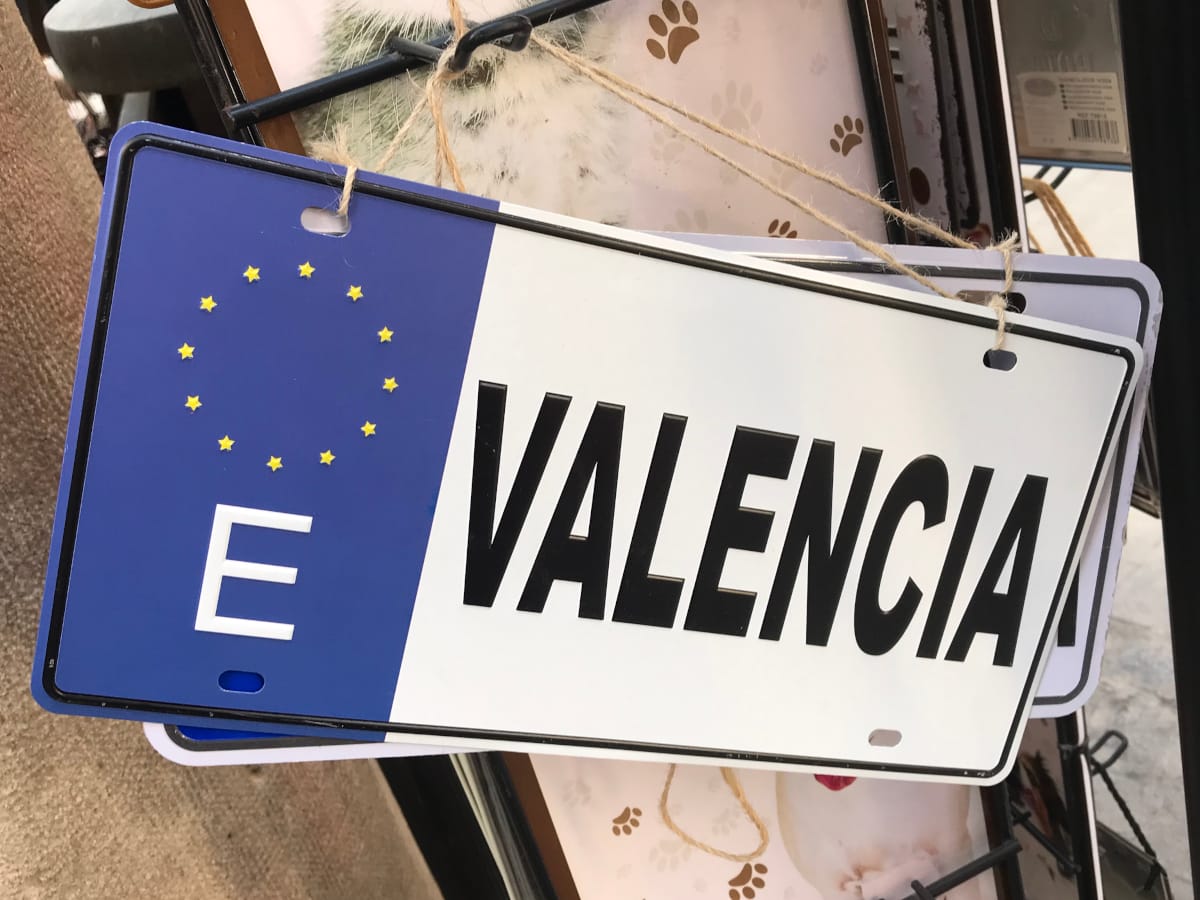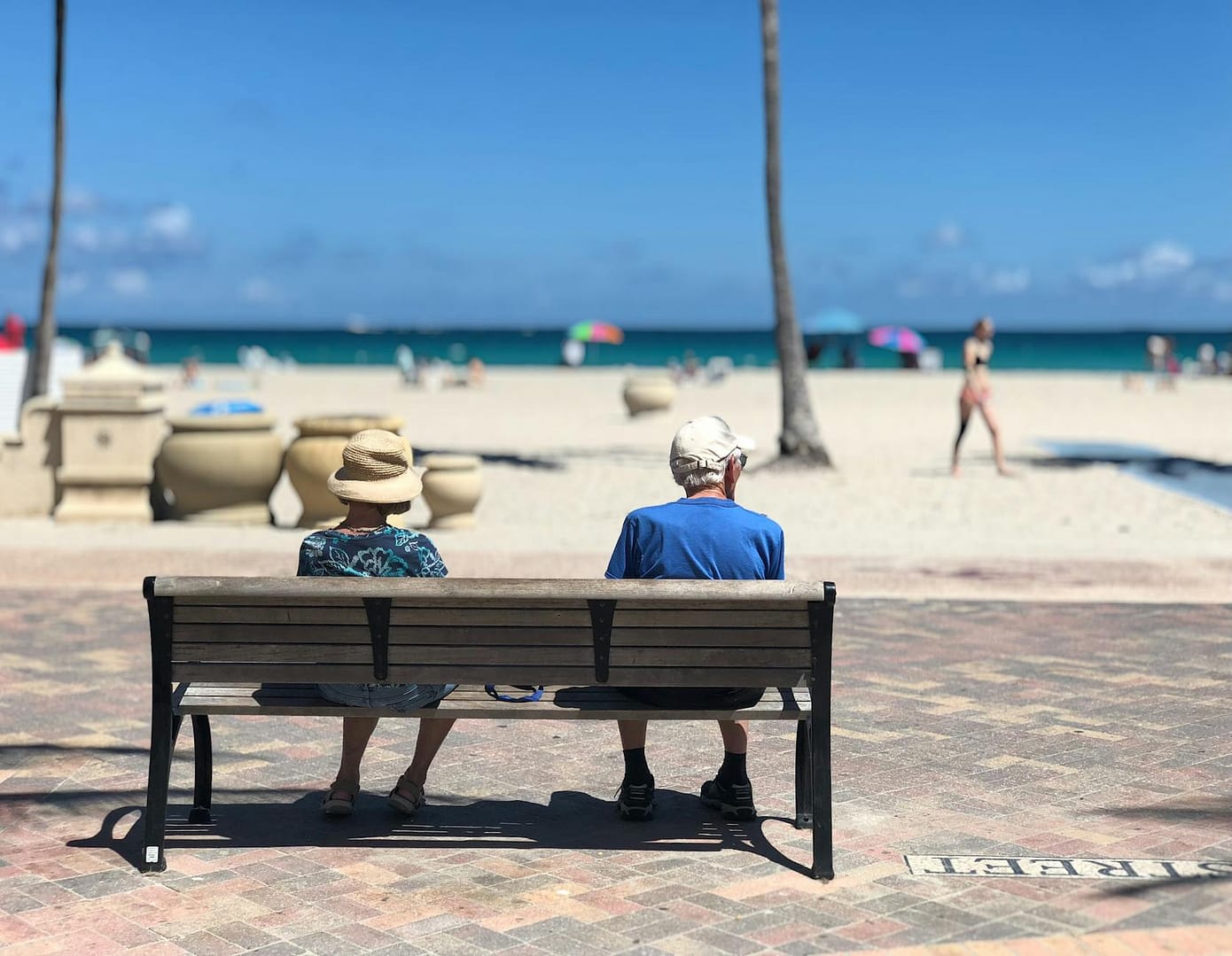All in all, it’s still better here for me than the U.S.
Recently, I was asked for some help in deciding where to go when moving abroad. The question put to me was about my experience in Valencia. This is a quick, and certainly not exhaustive, recap of some of the things I found out. It’s written from the perspective of an United States citizen who’s over 65 years of age, and retired in Spain. For those from other countries, it’ll differ. As always, this is not financial advice – find an expert for that.
Taxes
- If you live here more than 183 days, you’re a Spanish tax resident. Taxes are more costly here. Things in the U.S. that get favorable treatment – capital gains, proceeds from home sales, etc., are taxed at a higher rate.
- Some pensions are exempt, but Social Security is not. Get professional help (see below: Small Things).
- So, if you make the move, sell any real estate or book gains in the year before you become a tax resident in Spain. Then arrive after the 183-day period in the year so that income won’t be subject to Spanish taxes.
Health insurance
- Yes, it’s cheaper than the U.S. but it’s also difficult to get for 65+ year-old folks. I’ve heard that insurance brokers here can help in obtaining coverage, but it might mean excluding any pre-existing conditions. Good news, if you’re here for more than a year and renew the visa, you’re eligible to enroll in the public-health option and pay for that. The downside is that you may not be able to pick an English-speaking doctor. Ironically, a lot of the public-sector health professionals moonlight in the private sector to augment their income. That means the same doctors you’ll get in a private-insurance plan are also available in the public option.
- BTW: For those U.S. citizens over 65 years of age, you’ll need to keep paying for Medicare. Though it doesn’t usually cover overseas medical expenses, there’s a penalty for letting it lapse and then picking it up again. I just pay the basic (original) premium. The upside is that having it keeps me insured during any trip back to the U.S. Medicare Advantage plans have a bad reputation, so I avoid those. Also, I get the minimal prescription plan. Drugs (prescriptions!) are so much cheaper here – and you have to buy those out-of-pocket anyway as most health plans don’t cover those.
Small things
- Dealing with bureaucracy, shopping, and dealing with the landlord can be more difficult. The aforementioned tax filing can be a pain. I use a “gestor” or manager to deal with the more-complicated tasks. Use an apartment locator to vet properties – scams are a thing. Hurdles include filing the Modelo 720 (wealth tax) and renewing our Non-Lucrative Visa (NLV).
- A bright note: You don’t need to use a lawyer or any paid help to file for the NLV at the beginning. The big issue is gathering the paperwork (confirm which consulate covers where you live – you can’t just pick one) and look at its requirements.
- Things such as satisfying the income requirements, a criminal history check – done through fingerprints and the FBI – and other sundry items can be a hair-pulling exercise at times.Because of the layoffs (mass firings) at the governmental level, getting the documents apostilled through the U.S. Department of State might take a bit longer. Add to that the 90-day window to get all documents officially translated, and it’s a stressful process.
- We thought that we had to have airplane tickets already booked with a date for the NLV to be finalized. Nope. After getting the NLV approved, the consulate asked us what day we were leaving. We gave them the date of our previously purchased, non-refundable airline tickets. In retrospect, we should have waited until we were approved, then purchased the tickets, and given them that date. D’oh! Extra aggravation we didn’t need to incur.
- Housing is part of the application process. For our particular consulate, we needed a signed, one-year lease. Since we were doing this just at the end of the pandemic lockdown,we signed on for additional three months just to have that ready. At the time some (not ours) consulates allowed the use of a short-term, B&B-type residence to satisfy this requirement. Again, check with the issuing consulate for its requirement.
- It’s noisy at times. Right now, I’m writing this during Las Fallas. This year’s edition is somewhat muted by the rains. Normally, one can expect the daily and nightly explosions of the mascletás and fireworks. It’s fun for the first year, but can be a drag for the ensuing years.
- Keep a U.S. number! While it’s expensive to roam internationally, you can get relatively cheap monthly plans for a virtual U.S. number. You’ll need that to access your accounts back home. You might consider “porting” your cell-phone number to a service so you can contine to use it. I’ve discovered that some financial institutions don’t allow a Google number, so you’ll need to find a plan for a “real” number. I do wish, however, that I had ported our cell numbers to Google before leaving so friends that didn’t know of our move could still reach us easily. Lesson learned. Since I don’t use any of the services (except Google) I don’t have a specific company to recommend.
- Calling back to a U.S. number from a Spanish number can also be an issue for some businesses. For an example, if your retirement accounts don’t allow foreign addresses or residency, you might be told to move your funds.
Things that I might do differently
- Valencia City itself is becoming more expensive in the real estate sector. There are some bargains to be had in reasonably close areas to the city, but near the center, no. Other parts of Spain are cheaper and don’t have the wealth tax.
- Pets are an issue when renting. No, I’m not suggesting getting rid of your furry friends, just take that into account.
- Rents are a month-to-month cost. But there’s a large upfront cost to renting such as the deposit and fee paid to the listing agent. Typically it’s one month to each, but I’ve seen (though there’s a question if it’s legal) demands for two months – or more! And that’s money you’ll never get back. It’s a landlord’s market, so getting them to deal can be problematic for the more desirable properties. Finally, utilities are more expensive. Unlike the U.S., gas and electricity consume a bigger part of the budget.
- The upside is that groceries can be cheaper – if you know where to shop.
All in all, I’m very happy with my lifestyle in Valencia. Looking back with perfect 20/20 vision, I wish I had purchased something when I arrived. However, that’s a small quibble. The plus side is that I’m not tied to a house and this allows me the flexibility to move around Spain, and, hopefully, around the European Union in the future.



Leave a Reply